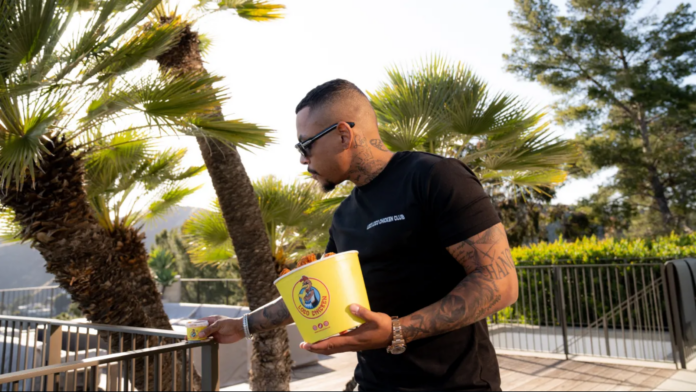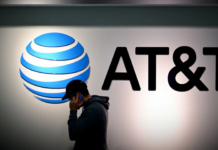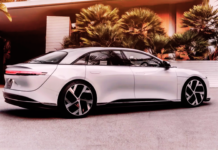In an age where food and influencers are two of the most potent elements driving growth on e-commerce and social platforms, startups are finding innovative ways to merge these domains. Enter Lanch, a Berlin-based startup that’s making waves by collaborating with influencers to launch spontaneous food delivery brands. Their recent funding achievement, amounting to $6.9 million (€6.5 million), proves they’re on to something.
Lanch crafts its culinary masterpieces in “virtual kitchens” – essentially utilizing unused spaces in established restaurants. Their debut food brand, “Happy Slice,” conceived with German YouTubers Knossi and Trymacs, astoundingly sold over 30,000 pizzas in its first weekend. Impressive, right? They’re now prepping for their next venture, “Loco Chicken,” in collaboration with German musician Luciano.
While this Series A funding comes from Felix Capital and HV Capital, with several individuals chipping in, the valuation remains undisclosed.
At first glance, this influencer-food marriage might seem like a whimsical trend. However, Lanch’s initial success tells a different story. Their concept challenges the preconceived notion that individuals famed for non-food-related exploits can’t dabble successfully in the culinary world.
Yet, it’s crucial to remain cautious. In the U.S., a similar concept by Virtual Dining Concepts (VDC) faced hurdles. Despite raising approximately $20 million since 2018, one of their partnerships with renowned influencer MrBeast led to disputes over quality concerns.
Indeed, there are parallels between Lanch and VDC. Both ally with influencers to conceptualize food delivery brands, utilizing virtual kitchens. These dishes, made from Lanch-provided ingredients, are then delivered via popular platforms like Delivery Hero or Deliveroo.
But Lanch believes they have a secret sauce: technology and data. Co-founder Nono Konopka emphasizes their early investment in tech. “We prioritized tech from the outset, devising quality-control software that harnesses both qualitative and quantitative data,” he notes. This data-driven approach equips creators with valuable insights, while partnering restaurants receive real-time feedback to refine their offerings and operations.
Lanch’s ambitions don’t stop here. After commencing with 70 restaurants for Happy Slice and targeting 100 for Loco Chicken, they envision partnering with over 500 locales within a year. Moreover, they’re keen to expand beyond delivery, venturing into physical dining and diverse food-centric experiences.
In terms of revenue, restaurants receive a third of the earnings. The remainder is distributed amongst influencers, delivery platforms, and Lanch. With their first brand already witnessing multiple payouts within just four months, the financial prospects appear promising.
Frederic Court of Felix Capital acknowledges the sheer influence of brands and creators in today’s digital landscape, praising Lanch’s innovative approach grounded in community.
Looking forward, Lanch has set its sights on Austria, followed by potential expansions into the U.K., Spain, Netherlands, and France. In each market, they’ll collaborate with a handful of influencers, ensuring a balanced blend of creativity and quality.
In essence, Lanch is at the intersection of food, technology, and influencer culture, promising a unique gastronomic journey backed by powerful data-driven insights.












